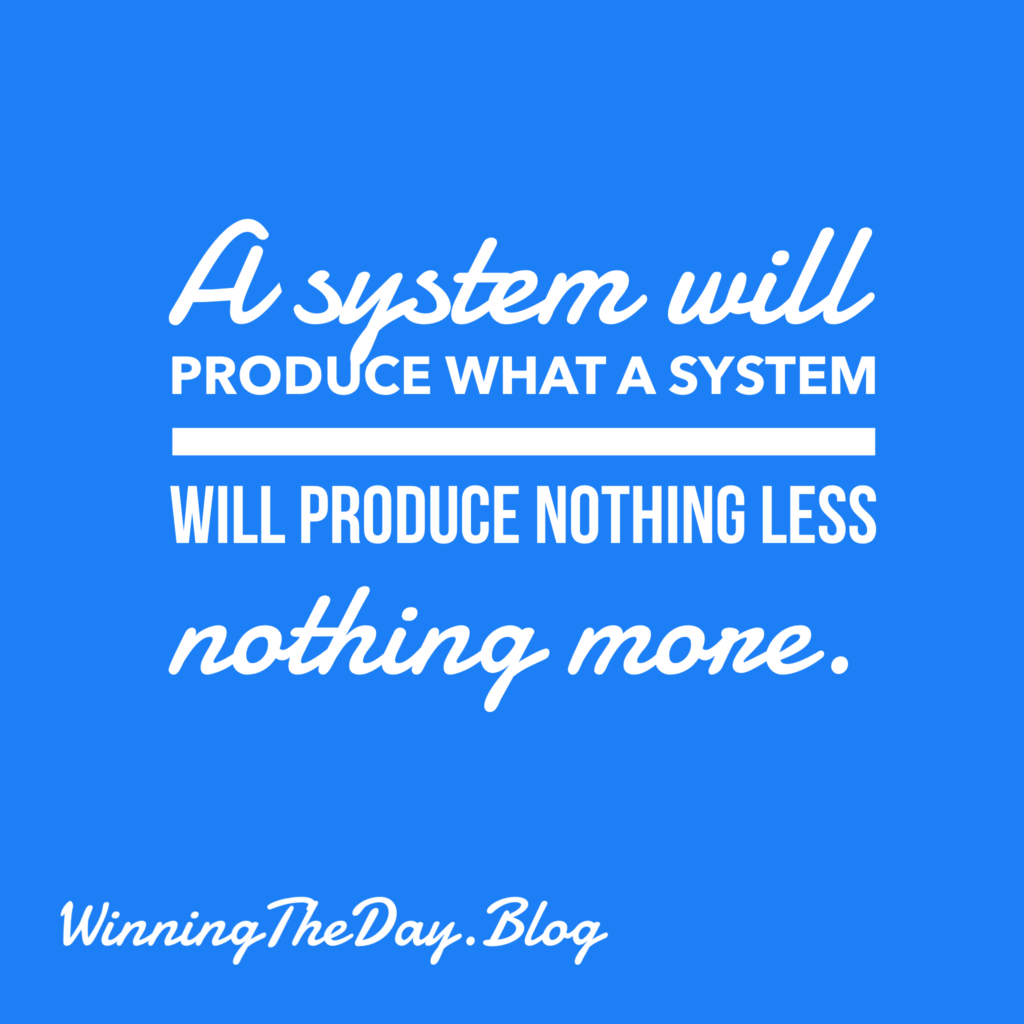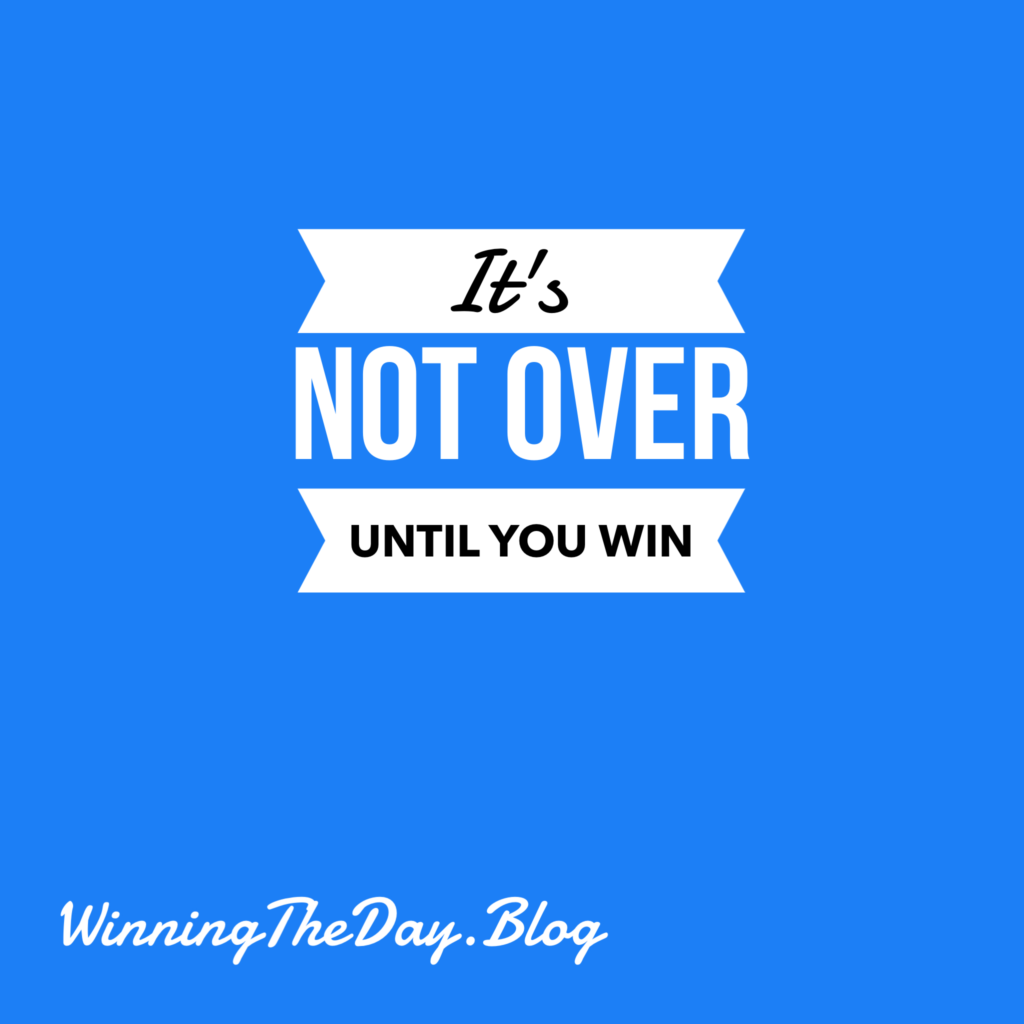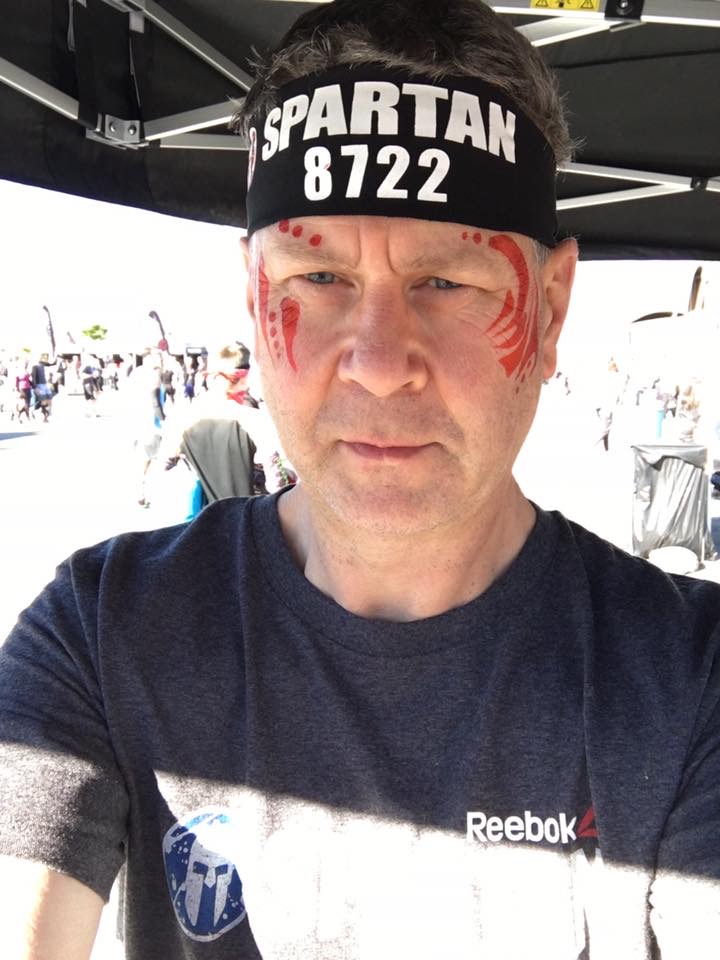In this business, the most dangerous number is one.
One lead source, one niche, one referral partner. If that single pillar crumbles due to a market shift, a policy change, or a competitor, your entire production floor collapses. We preach this to our agents, but as leaders, recruiters, and high-performance MLOs, we often fall into the same trap. We rely on one method of talent attraction or one “reliable” source of business until it dries up.
The goal is six sources of leads. That is the system for a bulletproof business.
But here is where the “Spirit is Willing, but the Schedule is Weak” dilemma kicks in. How do you manage six different channels without losing your mind?
The All-or-Nothing Trap
Most leaders fail to diversify because they try to launch all six sources at 100% intensity simultaneously. They treat it like a massive time investment that has to happen all at once.
The result? They spend Monday planning, Tuesday gets hijacked by a closing crisis, and by Wednesday, they’ve abandoned the new channels to retreat back to what’s comfortable.
Applying the MVD to the Six Sources
To win, you have to lower the floor. You don’t need to master all six sources today. You just need to ensure the Minimum Viable Day (MVD) for each isn’t zero.
Your MVD is the bare minimum you need to do to keep each channel alive. It’s the smallest action that maintains momentum and prevents any single pillar from going dark.
What Does This Actually Look Like?
Here are examples of what an MVD could be for different lead sources:
- Referrals: One “thank you” text to a past client or partner.
- Recruiting: One LinkedIn reach-out to a potential candidate.
- Database: Two birthday or anniversary calls.
- Social Media/Video: One 60-second raw update posted.
- Networking Events: One email confirming attendance or one follow-up from a recent event.
- Content Marketing: One comment on an industry post or one idea captured in your notes.
On a day where your schedule is a train wreck, you don’t skip. You hit the MVD. You keep the neurological and professional momentum alive across all six pillars so that no single pillar is carrying the weight of your entire future.
Habit Stacking Your Diversification
Don’t look for a “six-source block” on your calendar. It doesn’t exist. Habit stack them into your existing workflow:
- The “Inbox Tax”: You aren’t allowed to open your email until you’ve touched Source #1.
- The “Red Light” Rule: Every time you’re stopped in traffic or waiting for a Zoom to start, you execute one MVD task for Source #2.
- The “Coffee Commitment”: While your coffee brews or you’re waiting in line, knock out one quick database touch.
The Bottom Line
Consistency beats intensity every single time. If you do the work of prospecting and development at a 2/10 intensity every single day, you will outpace the person who goes 10/10 once a month.
Stop betting your career on the number one. Build the system, lower the floor, and track the results.
TCF+ (Track, Commit, Follow-through, Plus): This week, identify your six sources and define your MVD for each one. Track your daily completion rate to win the day.




